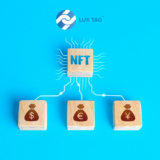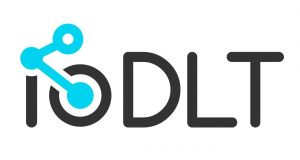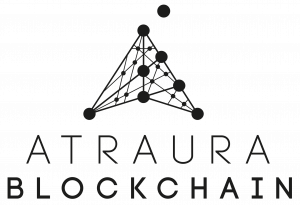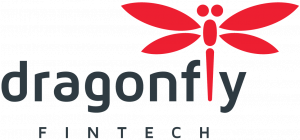Transforming FinTech: A Global Approach to the Security Tokens Movement
First appeared on NASDAQ
By Fran Strajnar, CEO of Techemy, a holding company for an industry-wide blockchain enterprise ecosystem
Despite current setbacks in the cryptocurrency market, the security token movement remains a bastion of optimism for industry actors within the worlds of blockchain and finance. With an estimated addressable market of $500 USD trillion, it is no wonder that security tokens are an attractive prospect for many.
Before the industry can truly take off, however, a number of obstacles must be overcome, including an impending interoperability crisis and differing regulatory requirements in global jurisdictions. To unlock the full potential of this tremendous new asset class, industry collaboration – on a global scale, will be necessary.
There seems to be little doubt that security tokens will serve as a fundamental pillar of the future of financial technology. Where cryptocurrencies have already digitized money and payments, securities tokens will digitize ownership rights: bringing everything from traditional securities to physical assets, like gold, onto the blockchain.
What is actually happening in the industry can be described as the beginning of a multi-decade ‘digitization of value.’ Not only will this furnish securities markets with the transparency inherent in blockchain technology, it will mitigate the need for expensive custodian services, making the securities market more accessible than ever before.
In addition to increased transparency and cost-effectiveness, securities tokens will introduce new levels of efficiency and liquidity in global financial markets. At present, trading or selling securities can take anywhere from hours to days for transactions to settle. This is because even in a globalized economy, stock exchanges operate under normal working hours. Security tokens will be tradable 24/7 everywhere in the world, as, like the internet, the blockchain doesn’t have an “out of office.”
At present, numerous exchanges are working online trading platforms which will allow stocks to be traded at any time of day, anywhere in the world.
As a result of their clear value to traditional financial institutions, security tokens have garnered much attention from major banks and institutional investors. I believe that this can only benefit the blockchain industry as compliant, asset-backed digital assets will serve as familiar and attractive investment vehicles for traditional financiers. Institutional players are often wary of crypto as a legitimate asset class, which can be attributed in part to the seemingly incalculable market conditions.
As a result of the already highly regulated securities market, successful security token offerings (STOs) will be legally and regulatory compliant from the first – helping the blockchain industry shake off its “Wild West” label of 2017. Security tokens will offer institutional investors a chance to involve themselves in a market they are more comfortable in, and have a transformative effect on the blockchain industry as a result.
With so many potential benefits, it is worth asking why the creation of compliant security tokens has lagged behind the proliferation of cryptocurrencies. A major challenge to the success of the security tokens movement is the fragmented nature of regulation globally. While security tokens promise to transform the traditional securities industry into a globalized, 24/7 marketplace – the regulation surrounding securities around the world is complex and often inconsistent.
With limited industry cooperation, security tokens issued by various groups are set to be incompatible between blockchains and between market participants, including exchanges, custodians, and individual wallets, once they go live. To effectively overcome these issues, international collaboration between industry actors and security tokens advocates will be necessary.
Although certain that they will form the core of a new global economy, there are many hurdles for the securities tokens to overcome before they become a reality. It is unlikely that any of the problems facing the industry will be resolved in silos or isolation. This is why a consortium of blockchain industry leaders have formed The Millbrook Accord, a working group of key drivers of the security tokens movement, to provide clear guidelines and practical solutions to accelerate the creation of globally compliant security tokens through a Verified Token Framework (VTF).
The first of its kind, the now open-source, fully functioning VTF code embodies the spirit of collaborative innovation necessary to make the success of security token industry a reality.
With many benefits to be felt both in the blockchain and financial sectors, the security tokens question is one which needs answering. For a truly global movement, with global ramifications – the answer should be formed with open dialogue and international cooperation.
The views and opinions expressed herein are the views and opinions of the author and do not necessarily reflect those of Nasdaq, Inc.
Security Tokens Movement









